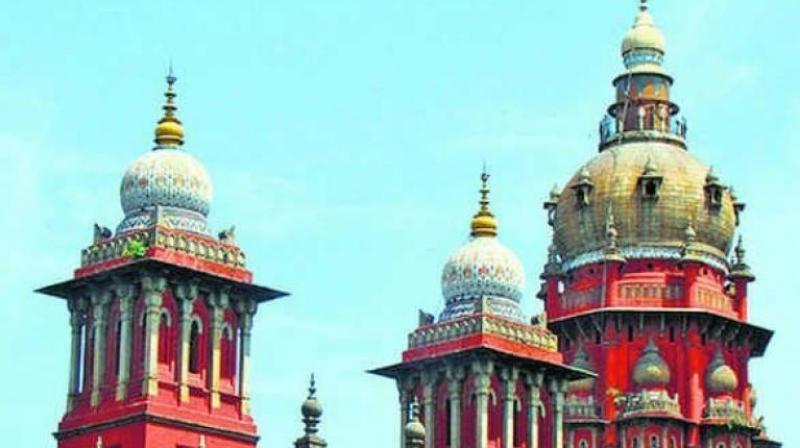SC/ST Atrocities Act can't be used to blackmail: Justice N Anand Venkatesh
The judge made these observations while quashing an FIR registered under the Act against the Vice Chancellor of Bharathiyar University.

Chennai: The Scheduled Caste and the Scheduled Tribes (Prevention of Atrocities) Act cannot be converted into a Charter for exploitation or oppression by any unscrupulous person or by police for extraneous reasons against other citizens, the Madras high court has said.
Justice N. Anand Venkatesh said, “Any harassment of a citizen by using this Act, is against the guarantee given by the Constitution. If such false complaints are entertained, instead of blurring caste lines, it will only promote caste hatred. Such false complaints unfortunately may even perpetuate casteism. The legislature never intended to use this Act as an instrument to blackmail or to wreak personal vengeance against innocent citizens. This sensitization has to be necessarily understood by the prosecuting agencies”.
Citing a judgment of a Supreme Court, the judge said it was clear from the judgment that judges must respond to the human situation to meet the felt necessities of the time and the social needs and interpret the provisions of the Act to accord to the Dalits and the tribes, right to equality and prevent the atrocities committed against them. It must also be kept in mind that this Act should not be permitted to be put to misuse by trying to give a skewed meaning for every administrative decision taken by the authority or an employer. The crime against a member of the oppressed society is heinous and should not be tolerated. But at the same time, such member of the society cannot use it as a weapon to wreak vengeance. If such tendency is encouraged, it will defeat the very object of the Act and will ultimately have a huge impact by weakening even the genuine cases of the prosecution, the judge added.
The judge made these observations while quashing an FIR registered under the Act against the Vice Chancellor of Bharathiyar University.
The judge said this court was completely aware about the prevailing discrimination that continuous against persons belonging to SC & ST community, more particularly, in rural villages. There were vested interest, who wants this caste system to continue for their own selfish interest. It was unpalatable to mention but yet it was a painful reality that the entire system in the state was operating in the lines of caste. Even candidates were selected during elections based on the majority caste to which he belongs in the particular locality. This caste gene, if it can be so coined, was deeply entrenched in people, particularly, in villages. Unless, this gene was completely effaced, this major problem was bound to continue. “This court does not want this Act to be one more reason for perpetuating casteism and let this Act, be used to handle genuine cases of atrocities committed against SC & ST”, the judge added.

